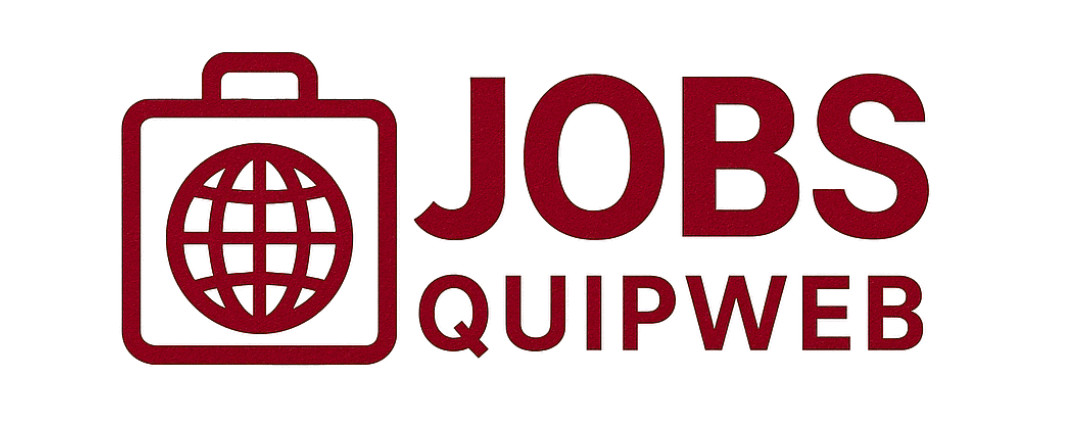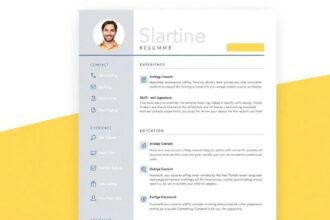Crafting compelling résumés for career changers targeting finance roles is not just about listing jobs or skills. It’s about showcasing who I am, what I can do, and how I fit into the finance world. I will share tips on what finance jobs need, the best skills to highlight, and how to avoid common mistakes. My goal is to help you stand out with a résumé that grabs attention. Let’s dive in and create something amazing together!
Key Elements of Crafting Compelling Résumés for Career Changers
Understanding Finance Job Requirements
When I decided to shift my career towards finance, I quickly realized that understanding job requirements was crucial. Each finance role comes with its own set of expectations. For instance, if I’m eyeing a position as a financial analyst, I must know that employers typically look for skills like data analysis, financial modeling, and proficiency in software like Excel.
I found it helpful to research specific job postings. By doing this, I could see what employers value most. I made a list of common requirements and highlighted the ones that matched my skills. This way, I could tailor my résumé to fit what they were looking for, enhancing my chances of landing the role.
Essential Skills to Highlight
In my journey, I discovered that highlighting the right skills is key to grabbing attention. Here are some essential skills I made sure to include:
- Analytical Skills: Employers love candidates who can analyze data and make decisions based on it.
- Communication Skills: I learned that being able to explain complex financial concepts clearly is a big plus.
- Attention to Detail: In finance, even small mistakes can lead to significant problems. I made sure to showcase my meticulous nature.
I created a table to organize these skills and match them with my past experiences:
| Skill | Example from Experience |
|---|---|
| Analytical Skills | Analyzed sales data to improve profits |
| Communication Skills | Presented financial reports to stakeholders |
| Attention to Detail | Reviewed budgets for discrepancies |
Using Keywords for Finance Résumés
One of the biggest lessons I learned was the importance of keywords. Many companies use software to screen résumés before they even reach a human. So, I made sure to sprinkle relevant keywords throughout my résumé.
For instance, if the job description mentioned “financial forecasting,” I included that phrase. It’s all about speaking their language. Here are some keywords I found useful:
- Financial Analysis
- Budget Management
- Risk Assessment
- Investment Strategies
By using these keywords, I felt confident that my résumé would stand out to hiring managers.
Tips for Optimizing Finance Résumés
Tailoring Your Résumé for Each Job
When I apply for finance jobs, I know that customizing my résumé is key. Each position has its own set of requirements and expectations. I start by reading the job description carefully. I look for the keywords that stand out. Then, I make sure to include these keywords in my résumé. This demonstrates to the employer that I am a great fit for the role.
For example, if a job listing mentions financial analysis and budget management, I highlight my experience in those areas. This makes my résumé more relevant and grabs the hiring manager’s attention.
Formatting for Clarity and Impact
The way I present my résumé can make a big difference. I always choose a clean and simple layout. This helps my information stand out. I use bullet points to make my achievements easy to read. Here’s a quick look at how I format my résumé:
| Section | Details |
|---|---|
| Contact Information | Name, phone number, email |
| Summary | Brief overview of my skills |
| Experience | Job titles, companies, dates |
| Skills | Relevant skills for finance |
| Education | Degrees and certifications |
I keep my formatting consistent, using the same font and size throughout. A well-organized résumé is easy to read and leaves a strong impression.
Professional Finance CV Writing Techniques
I’ve learned some powerful techniques for writing a finance CV. Here are a few tips that have worked for me:
- Be Specific: Instead of saying managed budgets, I write managed a $500,000 budget. This shows my impact.
- Use Action Verbs: Words like analyzed, developed, and led make my experiences sound dynamic.
- Quantify Achievements: Numbers catch the eye. I always try to include metrics to back up my accomplishments.
By focusing on these techniques, I can create a finance résumé that not only stands out but also tells my story effectively.
Common Mistakes to Avoid in Finance Résumés
Overloading with Irrelevant Information
When I look at résumés, one thing that jumps out is how many people overload their documents with information that just doesn’t matter. I get it; you want to show everything you’ve done. But here’s the catch: less is more.
Instead of listing every job I’ve ever had, I focus on roles that relate to finance. For instance, if I worked in retail, I’d highlight how I managed cash flow or dealt with budgets. This way, I keep my résumé relevant.
Here’s a quick table to illustrate what I mean:
| Job Experience | Relevant Skills Highlighted |
|---|---|
| Retail Associate | Cash handling, Budgeting |
| Marketing Intern | Data analysis, Financial reporting |
| Waiter | Customer service, Sales skills |
By zeroing in on what matters, I catch the eye of hiring managers who want to see my finance-related skills.
Neglecting Soft Skills
Another big mistake I often see is neglecting soft skills. In finance, it’s not just about crunching numbers. I need to show I can communicate well, work in a team, and solve problems. These are the skills that can set me apart from others.
In my résumé, I make sure to mention times when I led a project or helped a team overcome a challenge. For example, if I helped streamline a process that saved time and money, I’ll say so. Those soft skills are just as important as technical know-how.






